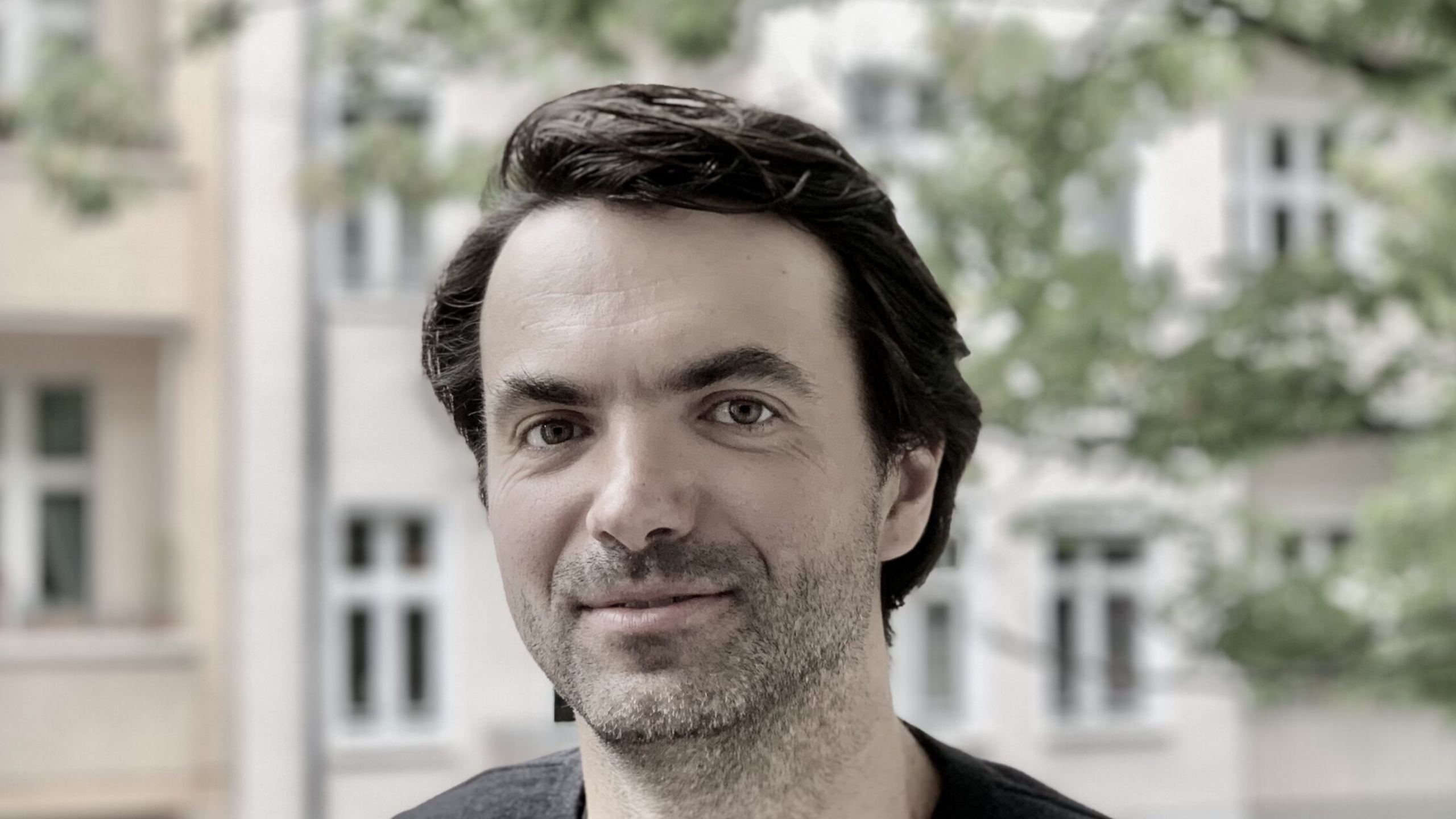Unsere vernetzte Welt verstehen

Governance zwischen Norm, Diskurs und Technik
An dieser Stelle veröffentlichen wir in unregelmäßigen Abständen kurze Beiträge zu Doktorarbeiten, die am HIIG entstanden sind. Diese Woche stellen wir die Doktorarbeit „Governance –Technik – Kommunikation. Perspektiven einer kommunikationswissenschaftlichen Governance-Forschung” von Christian Katzenbach vor, die diese Woche unter dem Titel „Die Regeln digitaler Kommunikation. Governance zwischen Norm, Diskurs und Technik“ im Springer Verlag erschienen ist.
Typically, we think of internet policy and governance as a process taking place within designated political institutions: parliaments, regulators, and specific international and transnational bodies such as IGF or ICANN. But increasingly, it is becoming obvious that digital rulemaking and ordering is also happening elsewhere. Rulemaking and ordering takes place when dominant platforms set their terms of service and community guidelines, and when the public engages in discourses about issues such as fake news, hate speech, freedom of expression and copyright; it inheres within the algorithms, services, and infrastructures that constitute the internet, the technology itself. Starting from these considerations, Christian Katzenbach’s thesis develops a concept of governance that accommodates these heterogeneous processes of ordering. It specifically addresses the role of media technology in shaping and reflecting the way we communicate. Conceptually the thesis draws on governance research, institutional theories and science and technology studies. This integration allows it to show that governance as the process of negotiating rules and mutual expectations is not restricted to law and policy-making. Rather, it also consists of normative orientations, discursive framings and media technologies. As a result, the thesis suggests four perspectives for governance research: A regulatory perspective, addressing the provision and enforcement of formal rules such as laws, court decisions and terms of service; a normative perspective, investigating the prevalent judgements on legitimate and illegitimate behaviour in a specific community or sector; a discursive perspective, addressing the framings and debates on contested issues of communication policy and law; and a technological perspective, investigating the embodiment of affordances and rules in infrastructures and algorithms shaping daily routines of communication. This concept of governance makes it possible to develop an inclusive picture of internet policy and governance. On the practical level, understanding informal processes of ordering is essential for deploying effective regulation. On the theoretical level, the thesis contributes significantly to the understanding of governance as a social and technological process.
The thesis was published under the German title Governance –Technik – Kommunikation. Perspektiven einer kommunikationswissenschaftlichen Governance-Forschung open access at the library of the Freie Universität Berlin (see here).
Dieser Beitrag spiegelt die Meinung der Autor*innen und weder notwendigerweise noch ausschließlich die Meinung des Institutes wider. Für mehr Informationen zu den Inhalten dieser Beiträge und den assoziierten Forschungsprojekten kontaktieren Sie bitte info@hiig.de

Jetzt anmelden und die neuesten Blogartikel einmal im Monat per Newsletter erhalten.
Plattform Governance
Der Human in the Loop bei der automatisierten Kreditvergabe – Menschliche Expertise für größere Fairness
Wie fair sind automatisierte Kreditentscheidungen? Wann ist menschliche Expertise unverzichtbar?
Gründen mit Wirkung: Für digitale Unternehmer*innen, die Gesellschaft positiv gestalten wollen
Impact Entrepreneurship braucht mehr als Technologie. Wie entwickeln wir digitale Lösungen mit Wirkung?
Bias erkennen, Verantwortung übernehmen: Kritische Perspektiven auf KI und Datenqualität in der Hochschulbildung
KI verändert Hochschule. Der Artikel erklärt, wie Bias entsteht und warum es eine kritische Haltung braucht.




